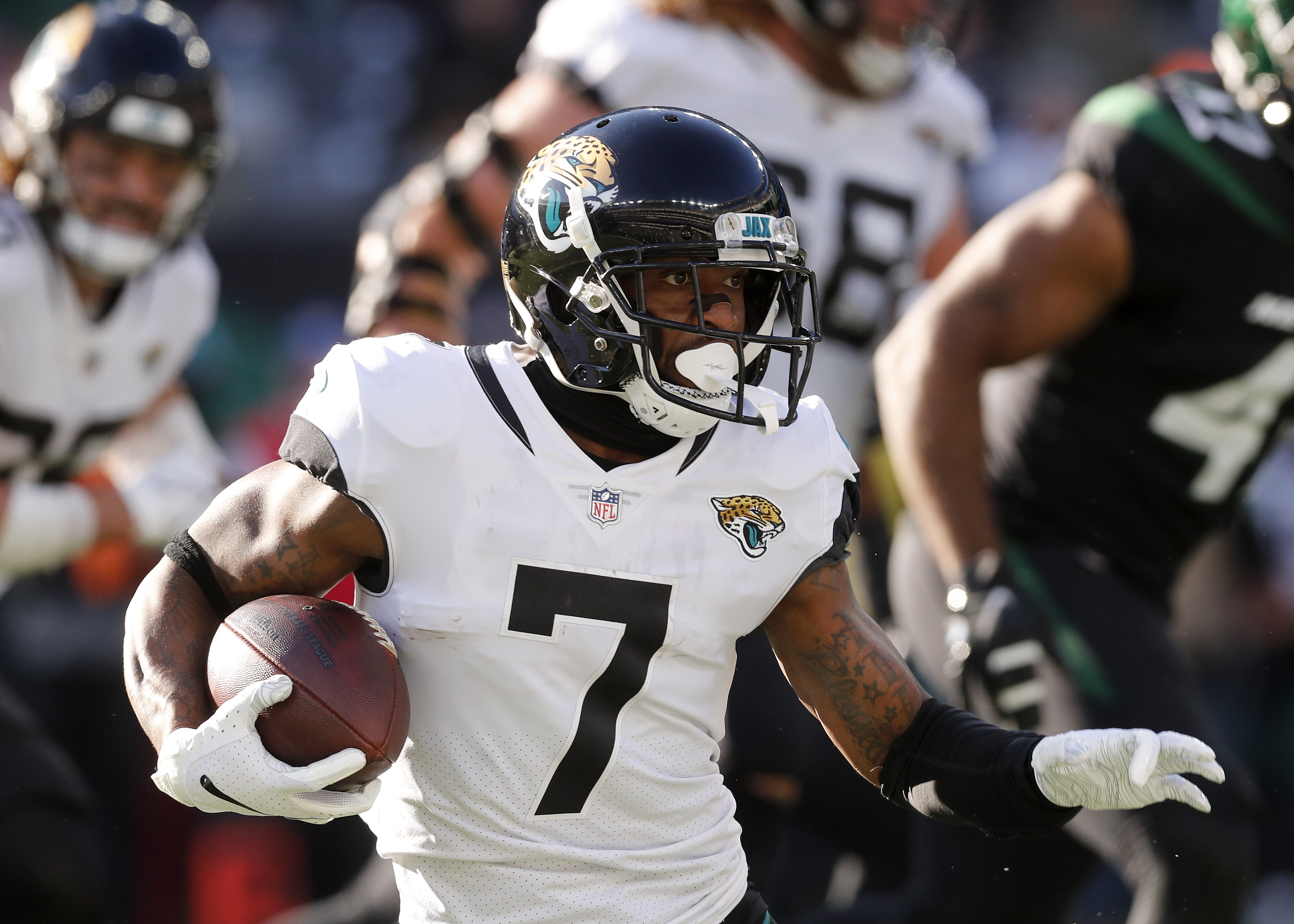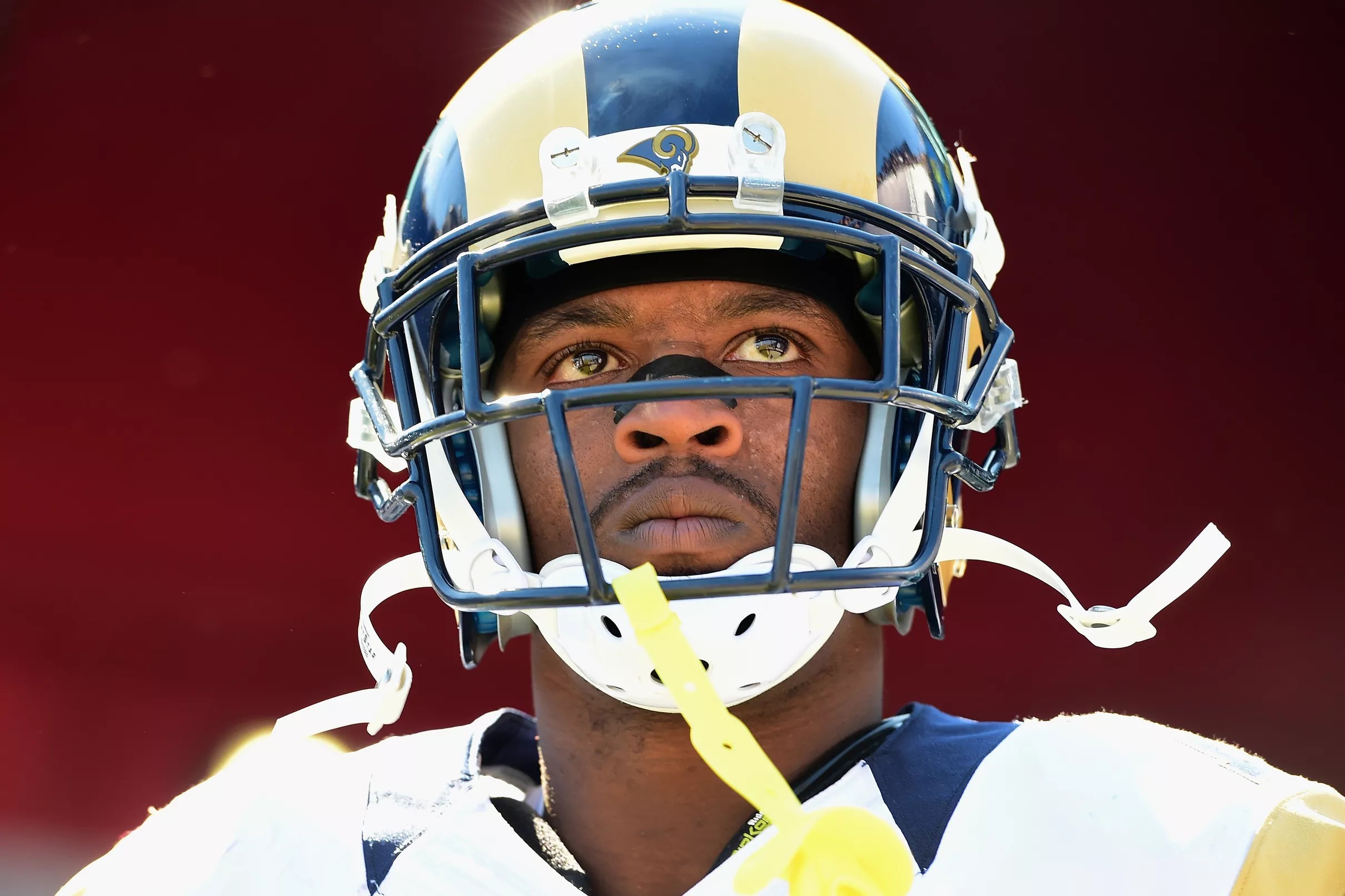The Case of Trayvon Martin: Tayvon Austin

The shooting of Trayvon Martin, an unarmed Black teenager, by George Zimmerman, a neighborhood watch volunteer, in February 2012, sparked a national outcry and ignited a long-standing debate about race, justice, and self-defense laws in the United States. The case, which led to Zimmerman’s acquittal, remains a potent symbol of the complexities of racial bias and the enduring struggle for equality in America.
Events Leading to the Shooting
The events leading to the shooting of Trayvon Martin unfolded on the evening of February 26, 2012, in Sanford, Florida. Martin, a 17-year-old, was returning from a convenience store with a bag of Skittles and an iced tea when he encountered Zimmerman, who was patrolling his neighborhood. Zimmerman, who had called 911 to report a “suspicious” person, claimed that Martin attacked him, prompting him to shoot in self-defense. Martin’s family and supporters, however, maintained that he was walking home and posed no threat to Zimmerman.
The Legal and Social Context
The case unfolded against the backdrop of a complex legal and social landscape. Florida’s “Stand Your Ground” law, enacted in 2005, allows individuals to use deadly force if they reasonably believe they are in imminent danger. This law, along with the racial dynamics of the case, contributed to the intense public debate surrounding the shooting. The case also drew attention to the broader issue of racial profiling, as Martin was perceived as a threat simply because he was Black.
Arguments Presented by Both Sides
During the trial, the prosecution argued that Zimmerman had racially profiled Martin and instigated the confrontation. They presented evidence that Zimmerman had followed Martin, ignoring the dispatcher’s instructions to remain in his car. The defense, on the other hand, argued that Zimmerman acted in self-defense, claiming that Martin had attacked him and that he had no choice but to shoot.
Impact on the National Conversation
The Trayvon Martin case had a profound impact on the national conversation about race and justice. It sparked nationwide protests and ignited a movement for racial equality. The case also led to a renewed focus on the “Stand Your Ground” law and its potential to exacerbate racial disparities in the justice system. The acquittal of Zimmerman fueled a national debate about racial bias and the role of law enforcement in protecting all citizens equally.
The Role of Race and Identity

The Trayvon Martin case sparked a national conversation about race and identity in the United States. The tragic events surrounding his death highlighted the deep-seated racial tensions that continue to permeate American society. The case’s impact extended beyond the legal proceedings, influencing public discourse, social movements, and the lives of individuals across racial lines.
The Perception of the Case Through a Racial Lens
The perception of the Trayvon Martin case was heavily influenced by race. Many African Americans saw the case as a clear example of racial profiling and the systemic bias within the criminal justice system. They argued that Trayvon Martin, a young Black man, was targeted and killed because of his race. Conversely, some white Americans viewed the case as a tragic but isolated incident, emphasizing the importance of respecting the legal process and avoiding racial generalizations.
The Case’s Impact on the Black Community, Tayvon austin
The Trayvon Martin case had a profound impact on the Black community. It served as a catalyst for renewed activism and a call for social justice. The case fueled the Black Lives Matter movement, which brought attention to the disproportionate number of Black Americans killed by police and the systemic racism within the justice system. The case also prompted discussions about the dangers faced by Black men in America, including the pervasive threat of racial profiling and the constant fear of being targeted because of their race.
The Portrayal of Trayvon Martin in the Media
The media portrayal of Trayvon Martin played a significant role in shaping public perception of the case. While some news outlets focused on the legal aspects of the case, others emphasized the racial dynamics at play. The media’s choice of language and imagery contributed to the public’s understanding of Trayvon Martin’s character and the circumstances surrounding his death. Some argue that the media’s portrayal of Trayvon Martin as a “thug” or a “criminal” perpetuated racial stereotypes and contributed to the perception that he was somehow responsible for his own death.
Comparing and Contrasting Racial Perspectives
The Trayvon Martin case highlighted the stark differences in perspectives between racial groups. African Americans often expressed anger, frustration, and fear, seeing the case as a reflection of the ongoing struggle against racial injustice. White Americans, on the other hand, often expressed sympathy for both Trayvon Martin and George Zimmerman, emphasizing the need for justice and understanding. These contrasting perspectives reflect the deep-rooted racial divides that continue to exist in American society.
The Legacy of Trayvon Martin
/arc-anglerfish-arc2-prod-dmn.s3.amazonaws.com/public/TZ5MRTSLXSIGTE23CADDPJLVIQ.jpg)
The tragic death of Trayvon Martin in 2012 sent shockwaves through the nation, igniting a national conversation about race, justice, and the role of guns in American society. The case had a profound and lasting impact, shaping the landscape of social activism, gun control legislation, and the ongoing struggle for racial equality.
The Case’s Impact on Gun Control Legislation
The Trayvon Martin case brought the issue of gun control to the forefront of national debate. The shooting, which occurred in a gated community, raised concerns about the accessibility of firearms and the potential for violence in seemingly safe spaces. The case sparked a renewed push for stricter gun control measures, with many arguing that easier access to guns contributed to the tragedy. The case also led to the passage of several state-level gun control laws, including “stand your ground” laws, which were a subject of intense debate and controversy.
Tayvon Austin, a name that rang through the halls of the NFL, known for his electrifying speed and dynamic playmaking ability. You can dive deeper into his career achievements and see just how impactful he was by checking out his tavon austin nfl stats.
Despite facing challenges throughout his career, Austin left a lasting impression on the league, showcasing his incredible talent and leaving fans wanting more.
Tayvon Austin, a name synonymous with speed and agility on the football field, has captivated fans with his electrifying plays. For those wanting a glimpse into his life off the field, you can check out tavon austin instagram where he shares snippets of his journey, from training sessions to family moments.
Whether you’re a dedicated fan or just curious, Tayvon’s Instagram offers a peek into the world of this talented athlete.
